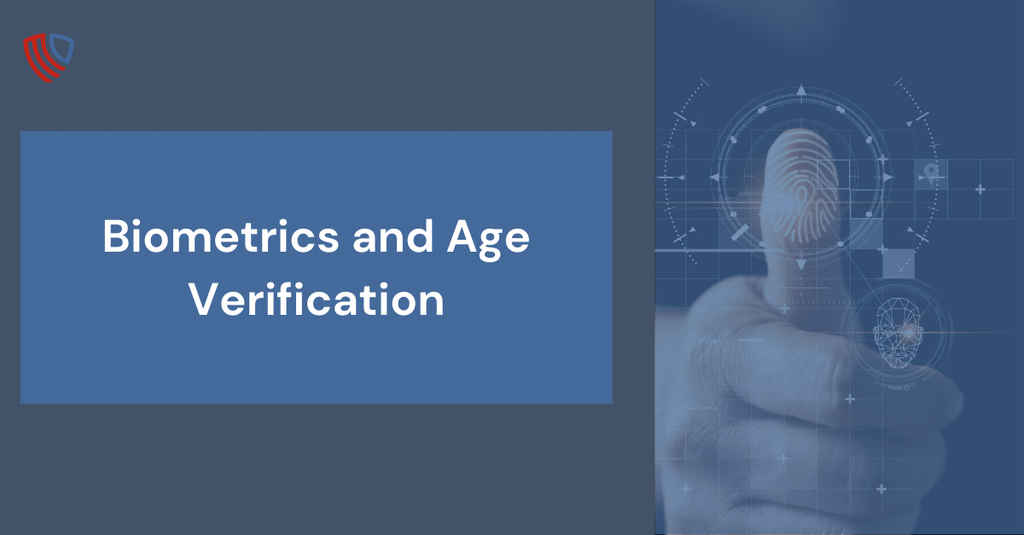Biometric scanning technology is a technology that uses physical characteristics of an individual to identify or verify their identity. Some common examples of biometric scans include fingerprints, iris scans, facial recognition, and voice recognition. These scans are often used as a means of biometric security, as they are unique to each individual and can be difficult to replicate or forge. Biometric devices such as these are integral to modern biometric security systems.
There are several different types of biometric scanners that are used for different purposes. For example, a finger scanner is commonly used to unlock smartphones or to gain access to secure facilities. Iris scanners are used for the same purpose, but they scan the unique pattern of an individual's iris to identify them. Facial recognition systems use an individual's facial features to identify them and are often used in biometric security systems or for identifying individuals in photographs. Voice recognition systems use an individual's unique voice to identify them and are often used in voice assistants or for secure telephone systems. These biometric identification methods are crucial for ensuring security and privacy. Biometric access control systems are also used to manage entry to restricted areas, enhancing overall safety.
Biometric scanners have become increasingly popular in recent years due to their convenience and high level of biometric data security. However, there are also privacy concerns about the implications of biometric scanning technology, as it involves the collection and storage of personal data. Addressing these privacy concerns is essential for businesses implementing these systems, ensuring compliance with biometric information privacy laws.
Biometrics is a new and upcoming area for age verification. Minor Decliner is continuing to research, benchmark, and implement leading edge techniques that protect privacy and provide the latest technology for robust biometric authentication solutions and biometric verification in the market. Their efforts align with the biometric information privacy act to ensure compliance and safeguard user data. This commitment to innovation ensures that biometric devices meet the highest standards of security and efficiency. By integrating a biometric identification system, businesses can enhance their security measures significantly.

